
Business
Some people think that they're making big money by juggling money that's not really their own. If they'd check carefully, they'd see that the cost...

Without emuna, a businessperson is miserable.
A depressed and harried merchant once came to his rabbi. The rabbi’s immediate spiritual prognosis was, "The suffering that your business and money problems cause you is because you think that you’re the boss, and therefore all the worries are on your shoulders. You depend on your brains, your business acumen, and your talent, and therefore suffer bitter disappointments when things don’t go the way you want them to. Even worse, you put your trust in people – customers, suppliers, banks, and the like – and they let you down, lie to you, and cheat you."
The rabbi let his bombshell penetrate for a moment, and continued: "If you only realized that HaShem runs your business, and you’re only a mere clerk, then your job would become much simpler; you wouldn’t need to worry, you wouldn’t need to suffer, and you wouldn’t need to lose your temper. As a clerk, you could concentrate on doing your job and let the Big Boss – HaShem – worry about the rest. Tons of pressure would fall off your shoulders."
"How do I make HaShem the boss?" asked the businessman.
"Simple," answered the rabbi. "You tell HaShem, ‘Master of the World, I want You to handle my affairs. I have no way of knowing whether the banks and the suppliers are giving me a square deal, or whether my customers intend to pay their bills and the like. You see everything, even the deepest thoughts of a person’s heart. You know whether a prospective transaction will be profitable or not. I want You to make the decisions. Please, Father in Heaven, help me trust in You only. If a deal is no good, don’t let it be completed; but, if a transaction is worthwhile, please, make it happen!"
The businessman opened his eyes wide in amazement. "Rabbi, are you telling me that HaShem intervenes every time a housewife walks into my store?"
"You better believe it!" answered the rabbi. "HaShem puts the desire in her heart to purchase the exact product that’s now on display in your storefront window. HaShem can also screen a prospective employee for you, or give you the wisdom to expand or limit the business in a profitable manner. If you consult HaShem before every transaction, put all your trust in Him and ask for His guidance, you’re bound to succeed!"
A businessperson that prays for enhanced emuna learns to manage affairs without stress and anxiety. When he or she puts their trust in HaShem, nothing upsets or frightens them.
Basically, a person can choose one of two paths in commercial life (or any other phase of life): Either he or she appoints HaShem as the Chief Executive Officer of their company/business/affairs – consequently enjoying a smooth and worry-free life – or they shoulder the problems on their own, with the accompanying stress, worries, nerves, and health problems.
Juggling Money
"Financing" is a disease. HaShem decides how much money a person has. HaShem also gives everyone the necessary funds for whatever He deems that they need. For example, a person desires a new car, but can’t afford it; this is a clear sign that HaShem doesn’t deem the new car necessary at this point in time.
Many of those who lack money think they can outsmart HaShem by financing, or "plastic purchasing." They often juggle funds by borrowing from one source to pay off another. Finance and credit card debts mushroom because of their tremendous interest rates. So, by trying to circumvent HaShem and purchasing things on credit or on loan, people dig deep financial pits that they eventually fall into.
Most loans, credit purchases, and "buying on time" indicate a lack of emuna. People with emuna are satisfied with whatever HaShem gives them. If there’s no money for the new car, then they realize that HaShem wants them to continue driving the old one. Believers don’t fall into the traps of "a dollar down and a dollar a week". HaShem doesn’t lack funds; if He wants a person to have the new car, He gives them the wherewithal.
Suppose that a person wants to open a business, and has $50,000 to his or her disposal. In such a case, they should look for a small business – a candy store or newspaper stand, for example – and get to work! HaShem doesn’t want them to borrow an additional $500,000 for something larger; who says that they’ll be able to repay such a loan? People that lack emuna are prone to inflated egos; "What? I should sell candy or buttons?" They think that they should be big businesspeople, and can only succeed by juggling large sums of money. But, when a person lacks a large sum, it’s a clear sign that HaShem doesn’t want him or her to be juggling large sums.
Some people think that they’re making big money by juggling money that’s not really their own. If they’d check carefully, they’d see that the cost of financing eats up all their profits. Moreover, "jugglers" are dependant on the mercy of cruel institutions like banks and finance companies. As soon as a bank or finance company closes the loan faucet for a juggler, he or she falls on their face. One hears stories of juggler bankruptcy every single day.
Most jugglers entertain fantasies of grandeur. If they had emuna, they’d realize that HaShem decides how much money they make, on a daily, weekly, monthly and yearly basis. Suppose that HaShem gives the juggler $100,000 a year, but the juggler wants double that sum. He or she ends up wasting money by hiring more workers that they don’t need, spending needless funds on advertising, or by disproportionate spending trying to increase their business.
With emuna, a person stops juggling, and makes the best out of his or her resources at hand. Emuna people aren’t jugglers; they’re frugal, run their business or spend money on an un-inflated scale, and are satisfied with what they have.
Shlomo HaMelech (King Solomon) said so brilliantly (Mishlei 28:20), "A man of faith will increase blessings, but one impatient to be rich will not be exonerated." In other words, the people of faith are satisfied with HaShem’s blessing, and by virtue of their satisfaction, they get even bigger blessings. They’re careful with their money, don’t spend needlessly and consequently don’t fall into debt.
Even though they seek advice from experts such as investment brokers, accountants, or other financial advisors, people with emuna ask HaShem for success, in this manner: "HaShem, thank You for providing my daily needs. Guide my investments and/or business in such a way that I make a profit, so that I’ll be able to give substantial amounts to charity and to perform Your commandments. Please help me accept any outcome – whether profit or loss – with complete faith."
The prophet said (Yirmeyahu 17:7), "Blessed is the man who trusts in HaShem, and HaShem will be his security." Dovid HaMelech (King David) promised that those who trust in HaShem will always be encompassed by Divine compassion (see Tehillim 32). On the other hand, those who lack emuna and put blind trust in financial advisors or other flesh-and-blood resources – as if the mortal they depend on gives them their sustenance – are almost always disappointed. The prophet also said (Yirmeyahu 17:5), "Cursed is the man who trusts in people and makes flesh-and-blood his strength." Trusting in anyone or anything other than in HaShem is a formula for failure.
Rebbe Menachem Mendel of Kotsk interprets the Midrash (Mechilta, Beshalach 17) that says, "The Torah was granted to those who eat the manna." The manna was the sweet Heaven-sent bread that HaShem provided the Children of Israel during their forty years of wandering in the desert. The manna would descend from Heaven daily, enough for each family’s daily needs. With emuna, a person understands that HaShem continues to provide our daily needs to this day; therefore, the energy that’s wasted running after money can be used to learn Torah!
To be continued…




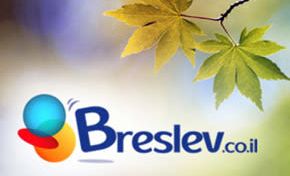
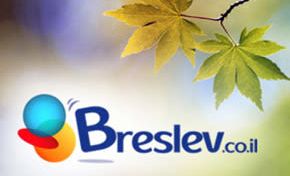
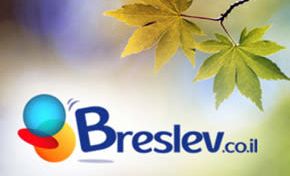
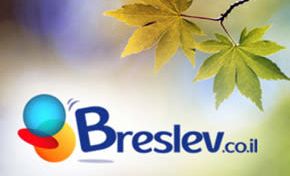


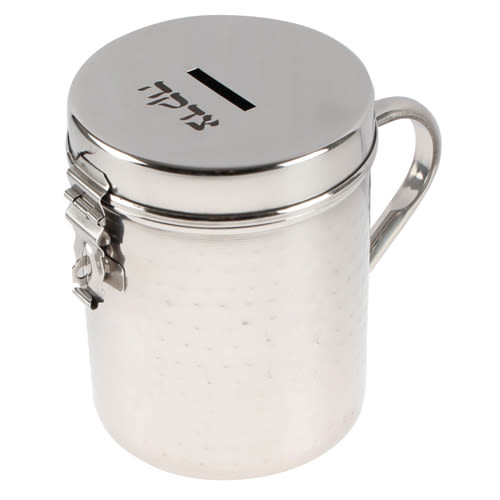

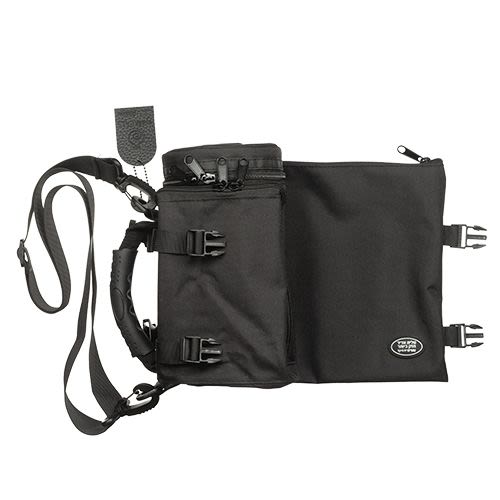

Tell us what you think!
Thank you for your comment!
It will be published after approval by the Editor.